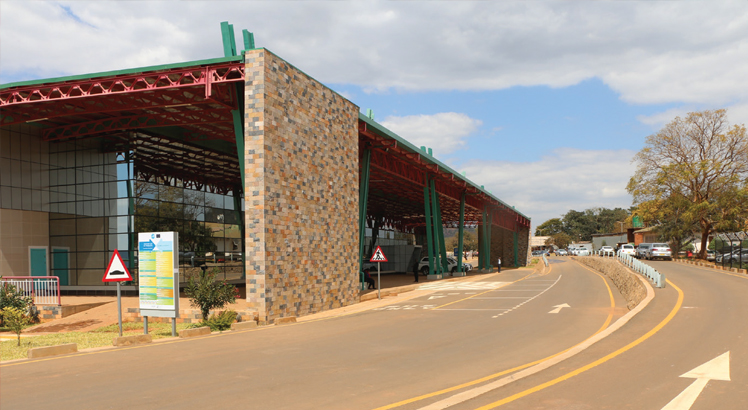Bank rules out massive kwacha depreciation

One of the country’s biggest commercial banks, Standard Bank Malawi Limited, has ruled out the possibility of the economy experiencing massive depreciation of the kwacha as the lean season draws closer.
The bank has also said it expects the excess supply of dollars on the market to help the central bank, the Reserve Bank of Malawi (RBM), manage any likely excess in the demand for foreign exchange for the importation of fertiliser and other strategic imports at the height of the forthcoming season.
“We don’t see massive depreciation [of the kwacha] beyond, but a stable depreciation. We expect the kwacha to be fully stable and if anything a bit of depreciations, obviously, but not as steep as it was,” said Frank Chantaya, Standard Bank’s director of global markets.
The bank’s projection comes on the back of a sharp fall in the value of the local currency to other foreign reference currencies ,especially the dollar to a peak of K420 from K250 at a time when the currency was devalued and subsequently floated in May last year.
The steep fall in the value of the kwacha in turn hit importers hard as they were left with no option but to raise and cough more dollars in order to ably sustain the importation of goods.
This subsequently pushed up commodity prices on the market as importers passed on the cost of importing to consumers as end users of those goods.
“What has happened is that the banks have cleared away all the backlogs that were outstanding last year to the extent that we have excess dollar supply in the market and because of that the dollar started to appreciate and now it has stabilised to around K350.
“The things that drove the kwacha significantly up against the dollar in terms of depreciation and backlog of arrears, poor dollar supply and high demand for foreign exchange are no longer there,” he added.
Last year, economic experts believe that due to foreign exchange scarcity coupled with huge backlog of unpaid bills, the local economy was massively impaired, exchange rate was massively misaligned.
Chantaya recalled that from the supply side point of view, the tobacco industry did not perform well which he said was worsened by low donor inflow since Malawi had a very poor relationship with the international community-which is an important source of foreign exchange in Malawi.
“Then, monetary policy was not very tight because there were a lot of kwacha chasing a few dollars essentially pushing the exchange rate further up and the initial devaluation of 50 percent which was followed by the subsequent floatation of the kwacha up until we reached K420 at a peak of the lean season early this year.”
He said it was pleasing to note that the economy is now able to accumulate as high as two and a half months import cover which is far much better than was the case last year.





